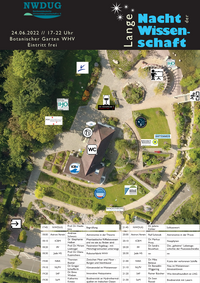On 24 June 2022, from 5 pm to 10 pm, eleven scientific institutions and associations - organized by the Nordwestdeutsche Universitätsgesellschaft e.V. (NWDUG) - will present themselves at the Night of Science with various activities in at the Botanical Garden in Wilhelmshaven. At several stands there are exciting things to learn about the research and work of the institutions. From deep sea creatures to migratory birds and outer space - from the latest high-tech inventions to the remains of millennia long gone - the diversity of Wilhelmshaven's research will be shown.
If you want to try your luck as a diving robot pilot, the ICBM information stand is the place to be. In a simulation, you can let the diving robot fly through a virtual coral reef and learn what marine researchers can investigate with diving robots.
Elke Ahrensfeld opens the "rubbish box" with a collection of teaching materials and experiments on the subject of plastic in the sea. School classes and groups can borrow the box free of charge and acquire knowledge on various research questions and solution strategies.
Hardly anyone has any idea of the diverse life forms hidden beneath the muddy curtain of North Sea water. You have to dive down to find out: ICBM research diver Dr Stephanie Helber shows current underwater videos from the North Sea and explains which animals can be found there.
Anna Lena Heinrichs invites you to take a look through the microscope. For her doctoral thesis, she is studying microalgae and how various environmental factors, such as an increase in temperature, influence the algae. For the Night of Science, she will have samples from her laboratory that you can look at under the microscope.
And if you can't get enough of marine research, you can find out about the study opportunities at the ICBM right away. ICBM student Leonie Rust will be there and can provide information about her Master's programme in Marine Environmental Sciences.
Other ICBM research topics will be presented in two short lectures: Dr Markus Prinz is researching the immigration of invasive plant species on the North Sea coast. He will explain the problems associated with this in his talk „Die unbemerkte Invasion des Nadelkrautes“ (unfortunately cancelled). Curiosities from the coral reef can be found in Dr Stephanie Helber's lecture on „Phantastische Rifflebewesen und wo sie zu finden sind“.

![[Translate to English:]](/f/5/_processed_/3/2/csm_ICBM-Logo-transparent-_91fe1c6774.png)
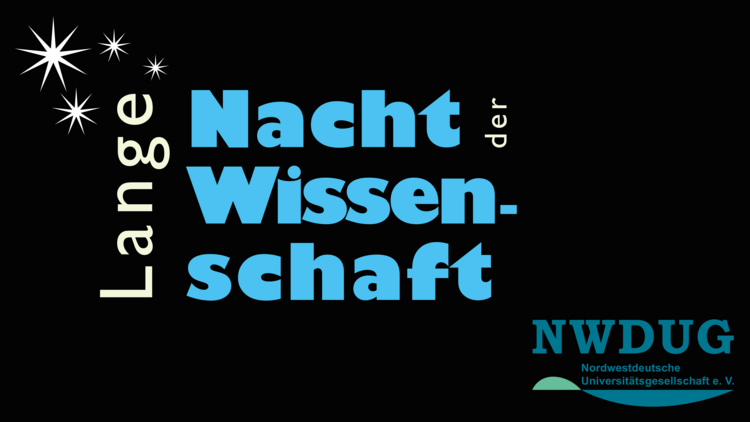
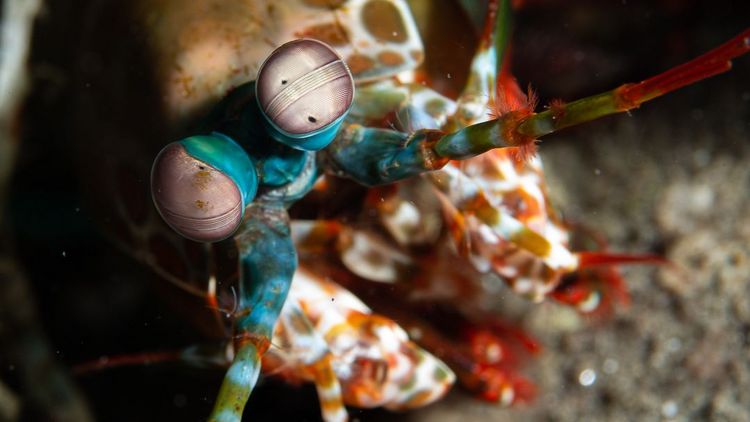
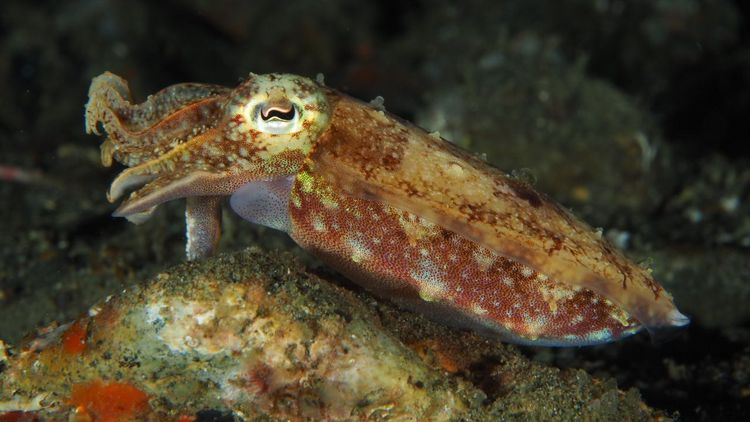
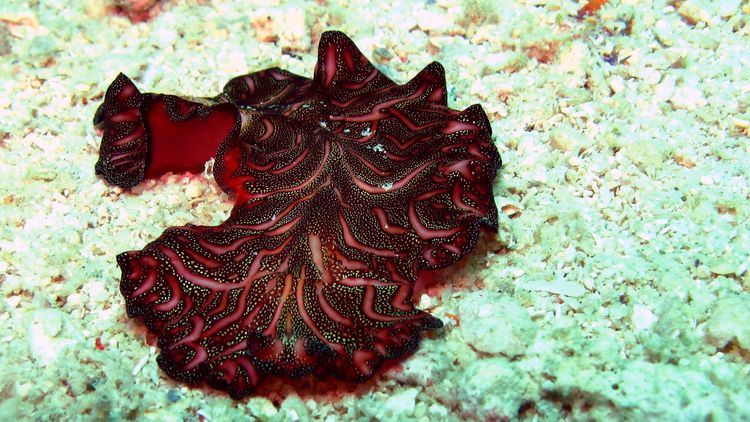
![[Translate to English:] [Translate to English:]](/f/5/_processed_/7/6/csm_IMG_0542_178d6d5091.jpg)
